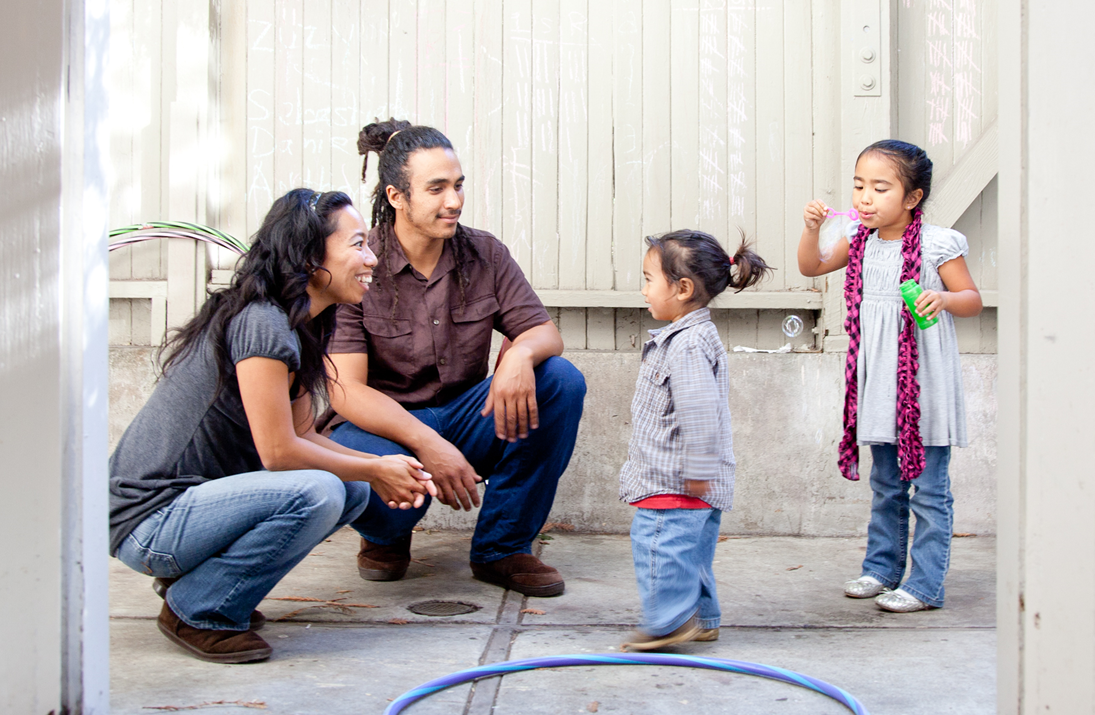Andrew Yang is running for president on a Universal Basic Income platform.
In 2018, the impossible has become reality. Cars are driving themselves, Apple is worth more than a trillion dollars and Donald Trump is president.
While these may at first seem unrelated, they tell the story of how our country has veered into a dystopian nightmare, and how, if we act now, we can escape what’s bound to happen.
Andrew Yang, a serial entrepreneur from New York, is running for president on a campaign for Universal Basic Income. His Freedom Dividend would give every citizen between the ages of 18 and 64 a check for $1,000 every month to supplement their existing income regardless of their economic status.
“Anyone reading this knows what the effect would be,” Yang told me in an interview of the phone. “People would be much less stressed out about having food on the table, or having a roof over their head. … Where this has been implemented, people’s nutrition improves. People are happier, healthier, and make better decisions.”
With the Trump presidency entangled in a Russian drama fit for a Clancy novel, the Democratic Party has a chance to strike a knock-out blow. The midterm election in November is the first round, but the challengers will need to coalesce around a common story to unseat Trump in 2020.
Andrew Yang and The Freedom Dividend may provide the narrative to catalyze the apathetic into action and offer an antidote to the hollow promises to Make America Great Again, which vaulted Donald Trump into power.
image from Kickassfacts
“I’m confident that we are automating away millions of American’s jobs before our eyes,” he said. “We need to evolve very very fast because this form of capitalism — this old form of capitalism fueled by technology — is about to turn on us in an unprecedented way.”
In San Francisco, a testing ground for autonomous cars and a city where more than half the vehicles sport an Uber and/or Lyft decal on the windshield, driverless cars are the most obvious threat that automation poses to American jobs, but nearly every industry is relying on new technologies to increase production while decreasing the numbers of workers needed to do the job.
“It’s a disaster in the making. We have to get our act together,” said Yang. “It’s bananas that it’s actually taken us this long.”
Apple’s unprecedented trillion-dollar valuation and the increasing disparity between the rich and poor is the result of these technological advancements; while the Trump administration’s rollbacks on environmental protections and the growing trade wars may create some jobs in the short-term, the long-term impacts will almost certainly be cataclysmic.
“If you look at what’s happening in our economy, massive wealth is being concentrated in a relatively small number of companies — primarily technology companies — and our income tax system is really bad at getting those gains to the public,” he said. “The U.S. Government, and thus the public, do no see much of that money.”
Yang plans to recoup some of those corporate profits to pay for The Freedom Dividend by instituting a Value Added Tax (VAT), which is a tax on production found throughout Europe and more than 100 other countries.
Under a VAT, a good or service is taxed along each stage of production based on the increased value generated along the way. The consumer pays only the value-added at the final point of sale. In other words, it is a tax paid on the gross margin of each transaction, by each participant in the chain.
Andrew Yang says that by instituting a modest VAT the government would create enough money to pay for the Freedom Dividend, while also reducing government costs incurred as a result of poverty.
“The only way for us to get through this is to lean into the fact that we need a totally different type of economy that puts people first,” he said. “It would be the most transformative thing we could do in our society,”
Part of the reason that Donald Trump is president is that he was able to identify and exploit the decline of the American worker before its impact struck the flourishing cities that make up much of the Democratic base. This combined with his ability to harness the racist backlash against having a black man in the White House pushed him over the edge.
A decade ago, I had the good fortune of being stuck in a long line at airport security behind Van Jones. We talked at length about the upcoming presidential election. It was June of 2008 and Jones told me he thought that Obama was likely to win in November. His prediction obviously proved true, but Jones said that this victory would unleash a torrent of racism that would ultimately lead to an ideological battle for the future of America.
Jones predicted that the successor to President Obama would either inhabit the spirit of FDR and embrace a new wave of progressivism or that America would elect a tyrant who uses the rising wave of racism and other divisive tactics to take and maintain power.
“FDR’s new deal had a lot of incredible elements that we need today,” said Yang. “We need a massive investment of infrastructure we are living in the crumbling legacy of work that was done decades ago.”
Yang is the first Asian American man to run for president in U.S. History, but universal basic income is actually not a new proposal for our country. In 1971, a policy similar to The Freedom Dividend passed the House of Representatives under President Nixon, although it failed to pass the Senate. In Alaska, a petroleum dividend has helped sustain the economic health of its inhabitants for the past 36 years.
Andrew Yang may not be a familiar face. He has no previous government experience, and his plan to give every American a $1,000 a month sounds impossible at first.
But a decade ago, driverless cars, trillion-dollar companies, and a reality star president were just as impossible.
“It takes people like us pushing the limits of what’s possible,” said Yang. “So we can show people we can do much better than this.”
***
In the interest of disclosure, the writer has been interested in a presidential candidate running on a Universal Basic Income platform prior to this assignment and is considering participating in the Andrew Yang 2020 Campaign following the publication of this article.
The post Andrew Yang is Running for President on a Universal Basic Income Platform appeared first on Broke-Ass Stuart's Website.









